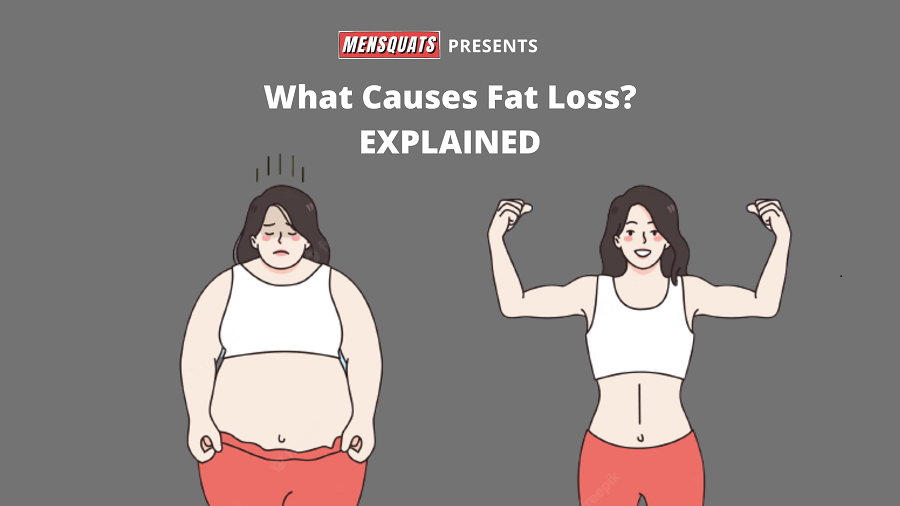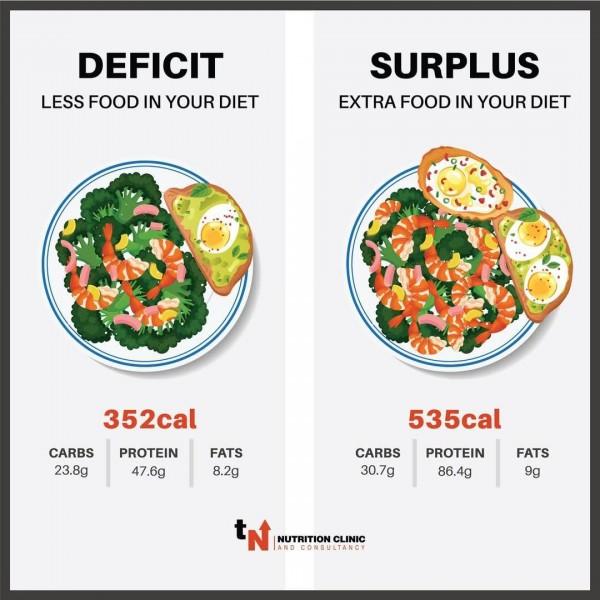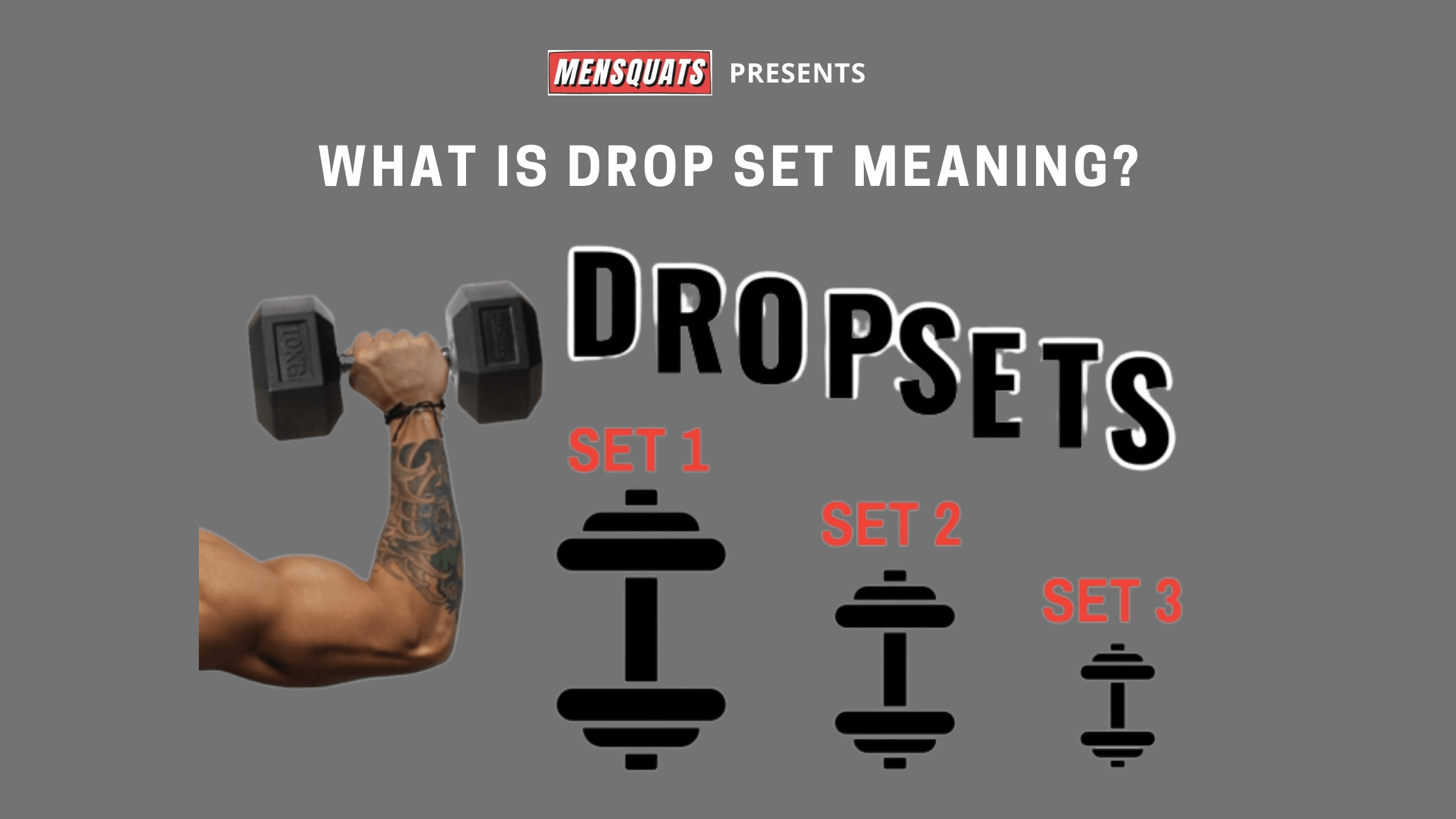Does Calorie Deficit Cause Fat Loss? (Secret Out)

Road To Fat loss: What causes Fat Loss? 🙂Assume you get a call from work saying that they've moved the office. What's the first question you ask? Where to? They tell you the new address.
What do you do next? Map the directions/distance to see how far it is & how long it’s going to take.
Then you find the most convenient route to get there.
Is it walking distance? Do you need to take the car? Then you plan less important details like what time you should leave your house, whether you need to stop to fill fuel, etc.
👍But, what if you get the call & all they tell you is the general area the new office is located in? Do you drive around, asking random people for directions, hoping to find the office? You’ll get there sooner or later? That would be ridiculous right?
👎Almost as ridiculous as saying, “I’m changing my diet & I’m going to become fit.” And then doing a bunch of random things, getting all sorts of info from other people, in order to somehow reach your goal, sooner or later.
This is why having a goal & planning for fat loss is SO very important.

How do you need to PLAN Fat loss?
- Set a specific goal. “I’m going to lose 20kgs in 12 months.”
- Be realistic about how you’re going to get there & how long it’s going to take. If your office moves 3 hours away, you’re not going to walk it, do you? You’ll ask yourself, “does it make sense for me to work so far away?” “Is it a sustainable option?”
- Set smaller goals within the bigger goal. “I’m going to lose 0.5kg/week.”
- Set more I WILL goals: “I WILL eat 5 servings of vegetables/day.” “I WILL go to the gym 4 days/week.”
- Make a plan, to get to that weekly or monthly goal, that’s convenient for YOU. Remember, the shortest route is not always the best route. The shortest route to work may be filled with potholes & traffic. Another route may be slightly longer but smoother.
- Be open to change. If your plan doesn’t work, don’t give up on your goal. Reassess and make the changes needed. If you don’t reach work on time due to traffic do you go home? Nope, you find a better route.
- Plan for life to happen. Taking a sick day off from work doesn’t mean you quit your job, does it? ➡️ It’s the same with your diet & training, a few days off doesn’t mean you give up completely.
Think of your fat loss journey like any other journey you take.
Decide where you want to go, plan out how you’re going to get there in the way that’s most convenient for YOU, do the things necessary to get there (like filling fuel, stopping at traffic lights, following traffic rules), plan for a flat tire or a roadblock and keep your eye on the destination instead of being distracted by where others are going and what cars they’re driving.😅
Let’s understand the core concept of doing a successful FAT LOSS:
A Calorie Deficit For Fat Loss

➡️ The only ABSOLUTELY essential requirement to do fat loss is to be in a calorie deficit. You could basically eat pizza for every meal, never leave your couch & still lose weight as long as you’re in a consistent calorie deficit over time.
(Under NO circumstances do I recommend this, it’s not healthy or sustainable.😔)
So, what is a calorie deficit?
Think of your body as a building under construction with your organs, muscles, bones & everything inside your body as laborers doing their job to build this building.
Every day the food & drinks you consume are the bricks they use. Now, imagine that they need 2000 bricks per day to build 1 floor. That’s their productivity level.😅
If you provide them with 2200 bricks every day, they’ll have 200 bricks leftover every day.
In the beginning, this may not be very evident as the bricks are spread out. But day by day those bricks accumulate & you’ll really start to notice them.
The longer you do nothing about it & keep supplying those extra bricks, the more room they’ll take up. Eventually, you put your building under risk.
So, what’s the solution?
You start supplying fewer bricks so that the laborers can use the bricks that have been piling up.
➡️ Simply put, fat loss works in pretty much the same way. If your body uses 2000kcal (calories are a unit of energy & this energy is found in food/drinks) but you keep giving it 2200kcal every day, it will store most of those extra calories as fat.
You may not notice it in the beginning but you’ll run into problems if you don’t do something about it.
In order to start losing fat, you need to give your body a chance to use that stored fat for energy & in order to do this, you’ll need to supply it with fewer calories daily. This is known as a calorie deficit.
ALL fat loss diets – keto, Paleo, Atkins, etc. – ALL follow the same principle, creating a calorie deficit by giving you a set of rules to follow. ➡️ This is why there’s no such thing as a “calorie deficit diet”.🥦
It's like saying "I have an animal dog." All dogs are animals after all, like all diets for fat loss are going to put you in a calorie deficit.
How Much Calorie Deficit For Fat Loss?
Honestly, there’s no 100% accurate formula & the number of calories will depend on SO many factors.
What I’ve found to be a good starting point is simply to find out your maintenance calories by using a calorie calculator which does use the Harris-Benedict formula.
😎 Create a 200-400 calorie deficit and log it in the app like HealthifyMe, or Myfitnesspal. This should give you a rough starting point.
From here, stay consistent for 3-4 weeks & track your progress every day.
If you’re not losing weight (average weekly weight at the end of 3-4 weeks), decrease your calories slightly. If you’re losing weight too rapidly, increase calories slightly.
However, if you’re not flexible dieting i.e. not tracking your calories, it really isn’t essential to know how many calories you need. It doesn’t really serve any purpose. (If you cook all your meals by your own, then flexible dieting is a great option for YOU.😀)
If it doesn’t work for YOU, find a way to be in an automatic deficit by reducing portions, removing certain high-calorie foods, replacing a meal with a lower calorie option & so on.
There are LITERALLY hundreds of ways of putting yourself in a calorie deficit.

Here are my tips on how to control your HUNGER while dieting:
- 🥦 EAT LOTS OF VEGGIES! Talk to most of my known people & they’ll complain about how I chase after them to eat their veggies! Vegetables are very nutritious, low calorie & high fiber i.e. they keep you full + healthy. I recommend 2 handfuls of veggies/meal + 1 veggie snack. I like to decorate my platting with veggies of all colours. Eat the rainbow 🌈 in different colours, different ways.
- 🥚🥩 PROTEIN= BFF aka best fullness friend! Protein is the most satiating macro. Some studies even show that adherence to a high protein diet (they set 1.3g/kg body weight) led to greater weight loss compared to a standard protein diet (0.8g/kg BW). I personally recommend 1.8g/kg per BW. Most protein sources are nutrient-dense & combined with resistance training, a higher protein diet leads to favorable changes in body composition.
- 🌾 FIBER=FULLNESS! High fiber meals will keep you full for longer. Like Veggies, fruits, legumes/beans, whole grains! I’ve even been known to have a spoon of isabgol (psyllium husk) in water to stay full. 😅 If you’re just starting to increase your fiber intake, start slow & keep an eye on your digestion. Some people can handle a lot of fiber, some need less.
- ☕ CAFFEINE suppresses appetite. Caffeine makes you super alert and less hungry, that’s the reason why it’s most beloved by people, as their daily morning, afternoon, or sometimes mid-night drink. You could easily include it as your break-time beverage. Of course, you don’t want to over-caffeinate, but it’s a tool in your toolbox.
- 🎨 KEEP BUSY. Do you ever get super busy & forget to eat? Or find yourself aimlessly wandering to the fridge out of boredom? 🐒 Yep, exactly! Either you spend days working and completely lost in your work, or develop an unshakable feeling/ impulse of eating and searching for some taste satiating snacks very often. Busyness does make most of the work easy for you to eat less on a calorie deficit diet.
- 🍪 HUNGER OR CRAVINGS? Many times we mistake cravings for hunger. I like to ask myself: would you eat a boiled egg? If the answer is no, then I’m probably not hungry. I get green tea or water instead. Most times we eat because we feel bored, not because we are hungry. People often say yes, to packaged snacks, or any beverage like Coca-cola, but that too is the reason you develop a false relationship with your dieting.
- 😴 SLEEP! Studies show that those who get under 7 hours of sleep per night are more likely to be hungrier, and therefore eat more, the next day. If you’re super hungry on your diet, you’re probably not doing a few or all of the above. Make a checklist, follow it for a week & I guarantee you’ll see a difference in your hunger levels.
YOU need to find the best way to be in a deficit for YOU.
The one thing I DO NOT recommend is further ruining your relationship with food by deeming certain foods evil or removing an entire food group from your diet (like a keto diet).
However, in saying that, the keto diet works amazingly well for some individuals & to them I say- You do you! 😎
LAST WORDS

In the end, a healthy relationship with food, consistency & sustainability is what matters most.
Find a way to put yourself in a calorie deficit that feels the least uncomfortable for YOU, that allows you to make healthy choices YOU enjoy & that YOU can follow for a long time.
You must check this out:

1 Minute Weight Loss
Check this offer out.
Thanks for reading!
Also, read our other FAMOUS articles:
1. Why wear gym supporter for men’s use? (Debunking the Myth!)
2. How to Reduce Muscle Pain After Workout?
3. How to boost levels of testosterone?
4. Top 5 Best Adjustable Squat Stand India
You can connect me on other Social Media by following me on Quora, and Instagram.




